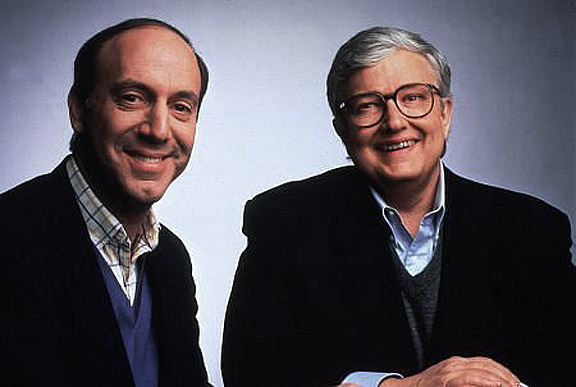
""I said to him that if we did this right, before it was finished, our series would become the most popular half-hour series with the highest ratings on public television. And it did.""
"People loved the show because of the movie clips and the advice about what they should see and what they should skip, and because Siskel and Ebert often took the time to cover small films they might not have known about. An episode that meant a lot to me featured a documentary called "Gates of Heaven," about a pet cemetery. My only idea of documentaries was the ones we saw in school about science or history. Their review opened up a world to me of documentaries made with singular visions about ordinary people."
"And most of all, they loved the arguments. Ebert and Siskel worked for rival newspapers and they were often combative. It was a lot of fun to hear sharp-witted sparring from people who were opinionated, vastly knowledgeable and even more vastly competitive. When movies were good, Ebert and Siskel were very, very good, but quite often when movies were bad, or when they disagreed, they were better. Someone even made a compilation of their most lively arguments. The series inspired Matt Singer's wonderful book, Opposable Thumbs: How Siskel & Ebert Changed Movies Forever."
Half a century ago a low-budget Chicago public television station recruited film critics Roger Ebert and Gene Siskel to host a weekly movie-review show originally called "Opening Soon at a Theatre Near You." The program combined film clips, practical advice on what to see or skip, and coverage of small films and documentaries, introducing viewers to new cinematic forms such as the documentary "Gates of Heaven." The show taught audiences how to assess storytelling and filmmaking and became beloved for the hosts' combative, sharp-witted debates. The series achieved high ratings, made its hosts stars, and inspired books and compilations celebrating their arguments.
Read at Roger Ebert
Unable to calculate read time
Collection
[
|
...
]